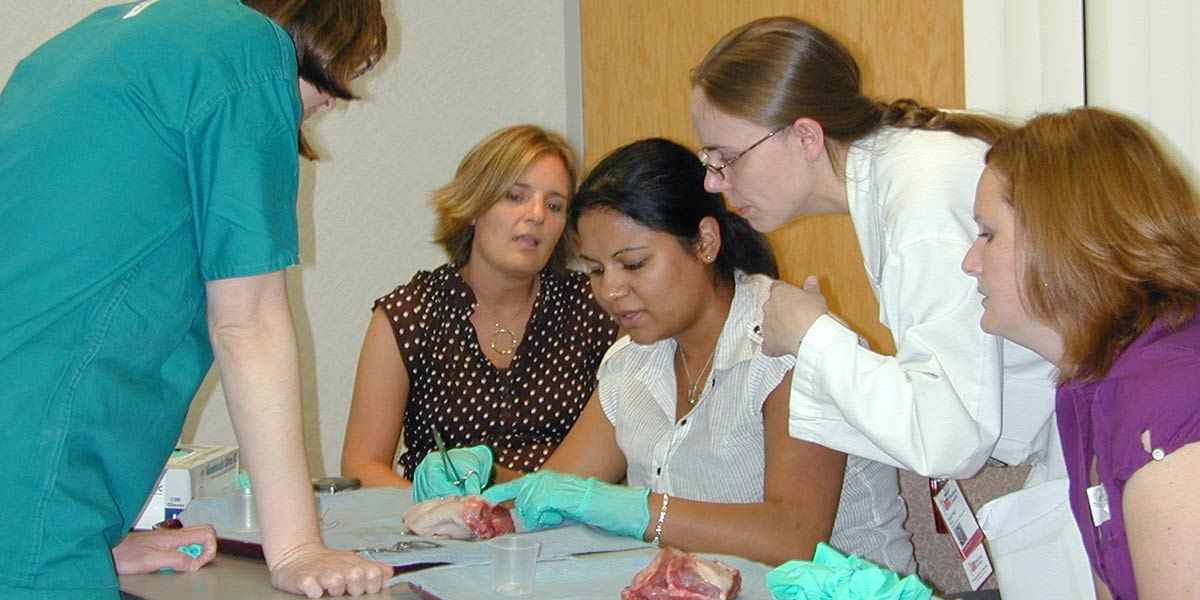Rural Life & Practice Facts & Myths Rural Rotations Residency & Map
Real Stories Financial Resources (RHI Hub)Rookie Rural Doc
All rural residency programs offer significant (>50%) training in a rural place. Some rural programs are small enough or are in rural communities without all the resources to teach certain aspects of family medicine. a rural track program (RTP; prior to 2021, described as an RTT or integrated RTT) offers the opportunity to train in a resource-rich urban center in addition to training in a relationship-rich rural community. This combination prepares resident physicians for practicing medicine in challenging settings – whether rural, underserved urban or international – while providing individualized mentoring and coaching during residency. For a more complete definition of a rural program, click here. For instruction as to how to find a rural residency in any specialty, check out this download from 2019: Finding a Rural Residency or go to this page.
A residency program in an urban location may also intentionally focus on the training of rural physicians, and each year residency programs can apply for recognition of their efforts. Here is a download of the 2023 list: Rural-Recognition-List-2023-1.pdf (444.85 KB pdf) . It is important, if you choose to train for rural practice in an urban program, that you ask probing questions. Here is a list of questions to ask of any of these programs to really determine how rurally-focused a program may actually be.
Questions to Ask of a Residency Program
Here is the link to all separately accredited rural residency programs and RTPs in Family Medicine, Internal Medicine, Pediatrics, Psychiatry and General Surgery, almost half of whom participate in The RTT Collaborative (note the logo in the map pin):
Here is a link that may help you to find other programs in multiple specialties who focus on training physicians for rural practice:

